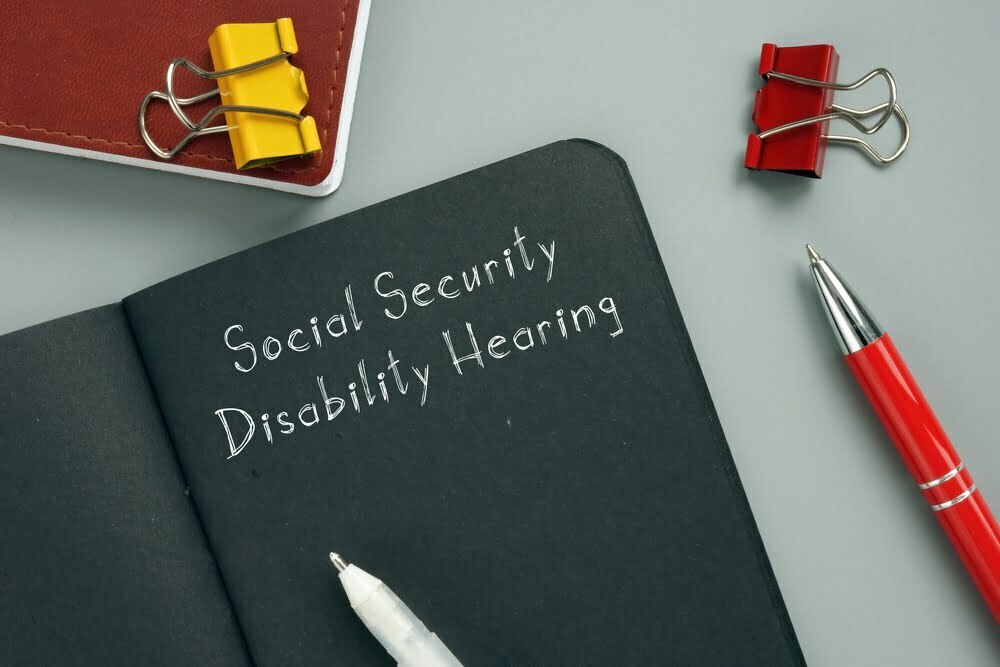In a recent decision issued by the 9th Circuit Court of Appeals, the Court indicated that a claimant must raise the issue that he or she equals the listings, at the time of a hearing in front of an Administrative Law Judge (“ALJ”) otherwise the Court will conclude that the ALJ’s failure to discuss this in a decision is not an error.
In Kennedy v. Colvin, 738 F.3d 1172 (9th Cir. 2013), the claimant had sickle cell anemia and borderline mental retardation as well as other impairments. A psychologist who examined the claimant found that the claimant had a verbal score IQ score of 71, a performance IQ score of 78 and a full-scale of 72.
One may be found disabled if he or she meets or equals any one of “The Listings.” The listings are impairments which Social Security has already determined to be disabling. If one can show that he or she meets or equals a listed impairment, he or she may be considered disabled. There is a listing for “intellectual disability,” known as listing 12.05. One can meet this listing with a valid verbal, performance or full IQ of 60 through 70 and meet other requirements. The claimant in Colvin argued on appeal that although his IQ score was one point above the level required in Listing 12.05, he equaled the listing because his physical impairments were so severe that they compensated for the one point difference between his IQ score and the score required under the listing.
The Court did not find in Kennedy’s favor but this is not the part that interested me in this case. What interested me is that the Court penalized him for not arguing that he equaled the listing when he was at his hearing in front of the ALJ, although he argued it on appeal. Citing to another case, Burch v. Barnhart, 400 F.3d 676, 683 (9th Cir. 2005), the Court found that the an ALJ is “not required to discuss the combined effects of a claimant’s impairments or compare them to any listing in an equivalence determination, unless the claimant presents evidence in an effort to establish equivalence.” Here the claimant “never presented evidence or advanced an argument for equivalency.” (Kennedy at 1178.) The 9th Circuit never indicated whether or not Mr. Kennedy was represented at his hearing. I find it somewhat shocking and possibly a due process violation if a claimant is unrepresented. I cannot believe a court would find that a claimant is required to know what the listings are and then present and argue that he or she equals a listing at the hearing if unrepresented.
To be fair, the Court’s decision on this point is limited to cases in which a claimant is trying to show that he or she “equals a listing.” Presumably if a claimant meets the listing, the ALJ is required to discuss the reasons in the decision why he or she does or does not.
What I take away from this case is that it is important in every case to always present evidence and argue that you either meet or equal a listing. Otherwise if you fail to do so, you may be precluded from establishing an equivalency argument on appeal.

How to Get a Faster Social Security Disability Hearing
At the Law Office of Geri N. Kahn we have been helping clients get faster social security disability hearings for more than 30 years. Today we are going to share some tips with you that may help you expedite your case. It is a long wait to apply and receive




